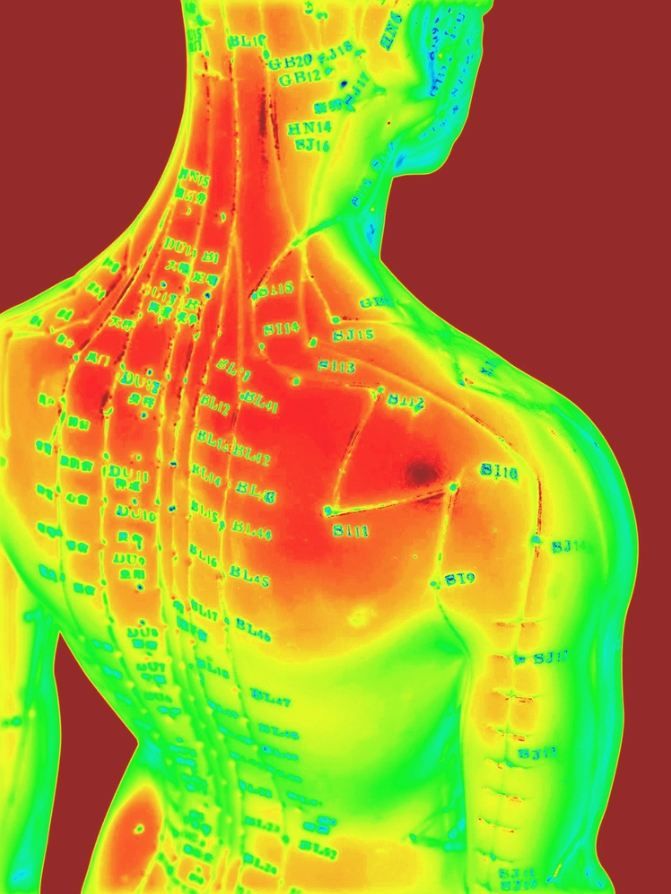Article
A Pointed Debate on Acupuncture for Chronic Pain
Safe alternative to drugs or unproven intervention with potential for harm? Experts weigh the pros and cons.
©Cora Reed/Shutterstock.com

Some see acupuncture as a safe alternative to drugs, while others argue there's no convincing evidence of clinical benefit and potential for harm. So, should physicians recommend acupuncture for pain? Experts debate the issue in The BMJ.
The pros
Acupuncture is a safe alternative to drugs for chronic pain, argues Mike Cummings, Medical Director of the British Medical Acupuncture Society and Associate Editor of Acupuncture in Medicine, published by BMJ.
In the US, acupuncture is recommended for back pain, but in the UK, it is no longer included in the National Institute for Health and Care Excellence's (NICE) guidelines for low back pain, although it remains in the NICE guideline on headaches, he explains.
The biggest and most robust dataset for acupuncture in chronic pain comes from a review of data from 20,827 patients, showing moderate benefit for acupuncture compared with usual care, but smaller effects compared with sham acupuncture, he writes. Importantly, it also shows that 85% of the effect of acupuncture is maintained at 1 year.
Further evidence that sham acupuncture is linked to better quality of life compared with usual care for patients with chronic pain "should urge a more flexible approach from guideline developers," adds Cummings.
He acknowledges that acupuncture "seems to incur more staffing and infrastructure costs than drug based interventions, and in an era of budget restriction, cutting services is a popular short term fix." But argues that group clinics in the community "can provide more treatment at much lower cost."
Another challenge is the lack of commercial sector interest in acupuncture, he adds, meaning that it does not benefit from the lobbying seen for patented drugs and devices.
In summary, he says the pragmatic view sees acupuncture as a relatively safe and moderately effective intervention for a wide range of common chronic pain conditions.
"For those patients who choose it and who respond well, it considerably improves health related quality of life, and it has much lower long-term risk for them than non-steroidal anti-inflammatory drugs. It may be especially useful for chronic musculoskeletal pain and osteoarthritis in elderly patients, who are at particularly high risk from adverse drug reactions," he concludes.
Please click below for a contrasting view of acupuncture.
The cons
But Professors Asbjørn Hróbjartsson at the University of Southern Denmark and Edzard Ernst at the University of Exeter argue that physicians should not recommend acupuncture for pain "because there is insufficient evidence that it is clinically worthwhile."
Overviews of clinical pain trials comparing acupuncture with placebo find a small, clinically irrelevant effect that "may be due to bias rather than acupuncture," they write.
Acupuncture enthusiasts often emphasize "pragmatic" comparisons between acupuncture and usual care. However, they argue that "unblinded pragmatic trials cannot differentiate possible true effects of acupuncture from placebo effects and bias." To inform us reliably of any causal relation between acupuncture and effect, "we need to focus on adequately blinded "explanatory" acupuncture trials," they say.
"If acupuncture is endorsed as a theatrical placebo we should be discussing the ethics of placebo interventions, not the elusive effect of acupuncture," they add.
They also point to harms of acupuncture as well as costs to the NHS, which they say may amount to £25 million ($34 million) a year. "Health services funded by taxpayers should use their limited resources for interventions that have been proved effective."
"After decades of research and hundreds of acupuncture pain trials, including thousands of patients, we still have no clear mechanism of action, insufficient evidence for clinically worthwhile benefit, and possible harms. Therefore, doctors should not recommend acupuncture for pain," they conclude.
References:
Cummings M, Hróbjartsson A, Ernst E. Head to Head: Should doctors recommend acupuncture for pain?BMJ. 2018;360:k970.
Should doctors recommend acupuncture for pain? [press release]. London, UK: BMJ Publishing Group Ltd; March 7, 2018.




